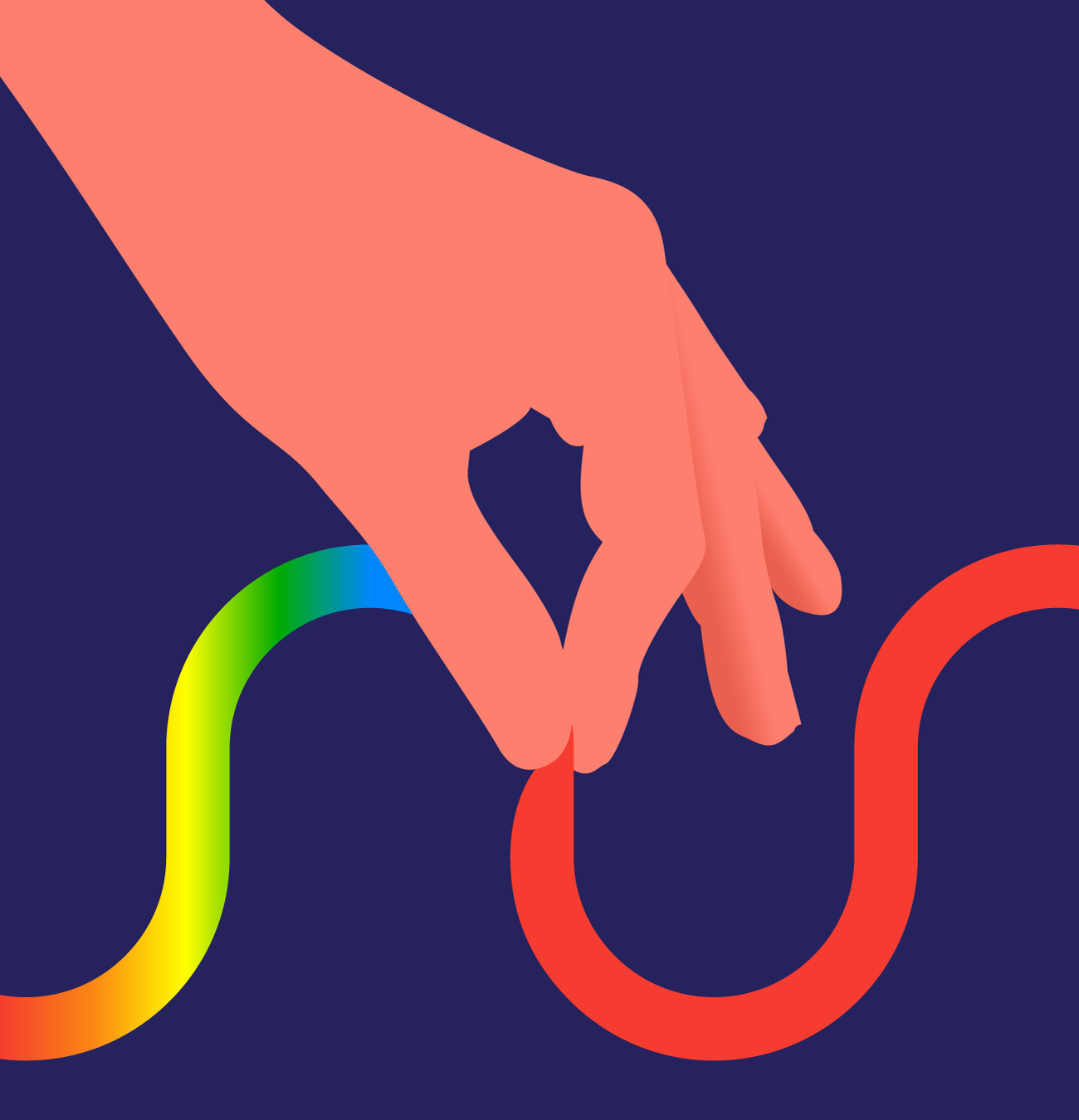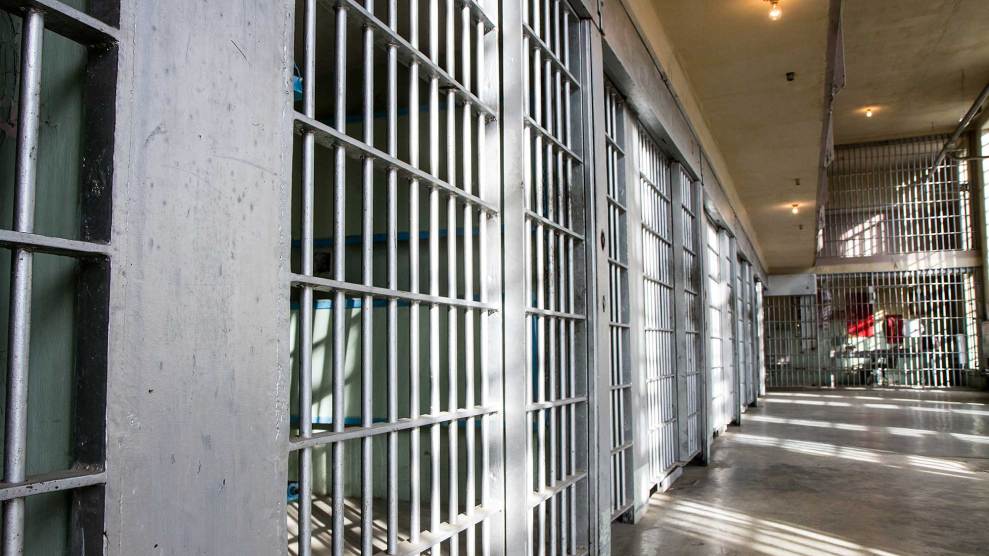Update: The day after I wrote about how the FDA’s outdated regulations were keeping blood and plasma donors like me from joining the fight against COVID-19, the agency eased its rules.
One thing that allowed me to hope over these last two weeks, as COVID-19 made me cough, sweat, ache, and succumb to mind-muddying fatigue, was the thought that one day soon, I could help others to recover. I read about promising new treatment trials using the blood from survivors in the epicenter, New York City, where I live. I imagined my plasma, featuring its all-star cast of virus-kicking antibodies, being infused into the sick and dying. My hard-won immunity could buy them critical time; if such trials were successful they could save countless lives.
“Survivors: they’re such an interesting population, every outbreak, because they are a ray of hope,” Dr. Nahid Bhadelia told me between her frantic work as the medical director of the Special Pathogens Unit at Boston Medical Center. “They represent ‘we’re going to get to the other side of an outbreak.'”
“They are sort of a marker for success,” she said. “It means that maybe we’ll have a growing community of immune people who can recharge and restart society.”
I wanted to enlist.
So I signed up for one of the most prominent trials at Mount Sinai Hospital; I filled out my symptom and testing history for the National COVID-19 Convalescent Plasma Project (administered by a consortium of top research institutions including Johns Hopkins University), and hit send on a Columbia University recruitment webform. Recovery could provide a “new passport” to a world in which I could help, a friend suggested. “Your time is now.”
Listen to James West describe his journey to recovery, and promising new treatments in the fight against COVID-19, on this episode of the Mother Jones Podcast:
Plasma is “essentially the liquid part of your blood,” sans cells and platelets, and where my protein army of antibodies resides, said Shane Crotty, a professor at the Center for Infectious Disease and Vaccine Research at La Jolla Institute for Immunology in San Diego. When I told him about my COVID-19 recovery, he was excited: “Absolutely, if there is a plasma therapy trial going on near you, go and volunteer,” he told me, after describing how the process is “based on over 120 years of medical experience.” (“Convalescent” plasma is what researchers are seeking here, meaning it’s harvested from recovered patients, like me.)
“It’s important that proper clinical trials put it to the test,” he said. “But in general, in the past, plasma therapies have been quite, quite safe.”
Other experts were equally enthused. There’s “no doubt,” said Kamal Khanna, an immunity specialist at NYU School of Medicine, that “taking your plasma from your serum and transferring it, which is called passive immunization, is helping.”
That’s because it appears that the virus that sickened me and hundreds of thousands of others around the world prompts the body to produce “protective immunity”: My body will remember how COVID-19 launched its attack, and, now in possession of a refreshed game plan, can recall and remount the same defense in the future. Scientists are still trying to understand just how long any potential immunity could last, measured from weeks to a year, or even a lifetime.
So that’s what my immunity does for me. But my antibodies might also provide an “immune blanket on top of somebody else’s immune system that potentially covers and fights the virus for them,” Bhadelia, the Boston physician, told me. According to the National COVID-19 Convalescent Plasma Project, “Small studies without control groups in China during the recent outbreak of COVID-19 there suggest that convalescent plasma improved outcomes.”
“So that makes me really happy,” Khanna said. “All of the individuals who’ve been infected could be valuable resource for science as well as society.”
Of course, we just don’t know for sure if transfusions from COVID-19 survivors work at scale until we try. “In some infectious diseases, it’s worked out and shown efficacy,” Bhadelia said. “In others, early on, it showed efficacy, but then when you actually have a big trial, there isn’t as much efficacy.”
“It is therefore important to determine through clinical trials,” warns the Federal Drug Agency, “before routinely administering convalescent plasma to patients with COVID-19, that it is safe and effective to do so.” And that’s what the agency is doing by approving these clinical trials.
A chance to help literally the entire world find a cure? Sign me up!
But now, fully recovered, I’ve run into a roadblock that I’ve encountered before: I can’t donate my blood (and therefore my plasma) because, using the FDA’s regulatory parlance, I’m a man who has had sex with a man in the last 12 months.
The FDA blood bank guidelines are in place to reduce the risk of HIV transmissions resulting from blood transfusions, because gay and bisexual men in the US have a higher risk of getting this disease from sex. Until 2015, the FDA enforced a lifetime ban on gay men giving blood. It then decided to allow those who haven’t had sex in over a year to donate. The agency’s reasoning is that it takes time to detect recent infections of those diseases. But the yearlong window remains a sore point for gay rights. The guidance pays no heed to whether you’re in a monogamous sexual relationship, or Tinder-hopping, while screening for viruses has become much quicker and more precise. In the two years after the UK narrowed its abstinence window in 2017 to three months, there was no reported rise in contaminated blood supply. Canada moved to a three-month model in June, 2019. Other developed countries observe four-month windows.
On Monday, a spokesperson for the American Red Cross confirmed that “to participate in FDA’s new convalescent plasma program, individuals must meet all standard blood donation requirements as well as others.” The FDA told me in an emailed statement that it has no current plans to change that guidance in the face of the new crisis, but is “actively considering the situation as the outbreak progresses.”
“Standard blood donation rules will apply for this study,” confirmed Jeffrey P. Henderson, a physician and microbiologist at Washington University School of Medicine, St. Louis, who has teamed up with top medical researchers at Johns Hopkins and the Mayo Clinic to lead one of the big coordinated studies. (The team at Mount Sinai were not able to provide a comment by deadline.)
“I have quite a few gay friends who are recovering from COVID-19 right now, so the group is quickly expanding,” said Peter Staley, the veteran AIDS activist whose groundbreaking work helped erode medical and regulatory barriers for early drugs to fight HIV. “The fact that you are being blocked from helping in a incredibly positive way to save lives, this is just utter craziness, and for me, as a long-term AIDS activist, it just makes me want to scream, because folks may not realize this, but a lot of what AIDS activists helped build is now being used to fight COVID.”
The number of recovered gay and bisexual men will also undoubtedly grow, as the virus strikes big LGBTQ population centers around the country, like New York City. “To say ‘no, thank you’ to this community, when we want to individually help to save lives, something’s really wrong with that,” he said. “It triggers all the feelings we felt during the early years of the AIDS crisis.”
For its part, the Red Cross would like to move to different standards than who you sleep with to determine who can give blood and when. “We are committed to working toward achieving this goal,” the spokesperson, Greta Gustafson, told me. But until the FDA changes its rules, its hands are tied.
Could one infectious disease crisis finally wipe away some of the stigma that attached to another?
The new coronavirus has been “an equal opportunity infector of everybody,” Bhadelia told me, and is unlikely to “somehow stigmatize a certain population or a subset of the population” like many diseases that have come before and will come again. If the FDA changes the rules for COVID-19, me and my gay battle-ready blood will be the next in line to join the fight against this indiscriminate disease, alongside all my fellow survivors.














